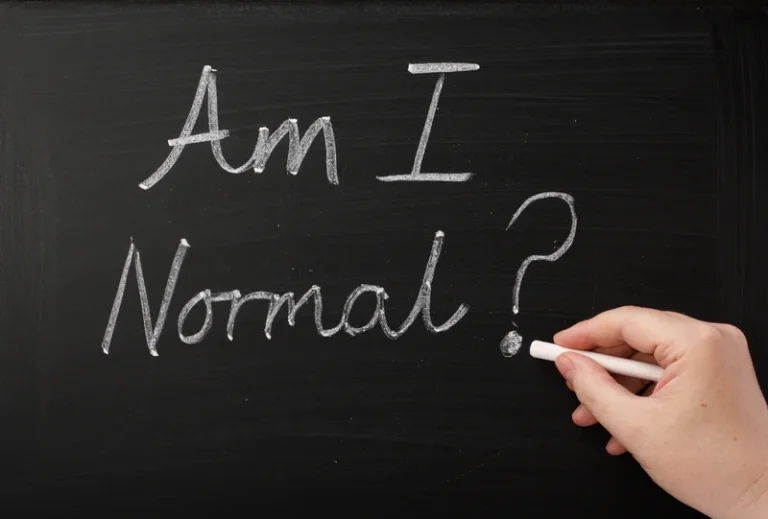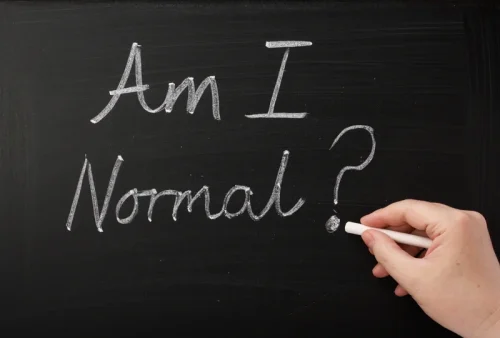
Alcohol has a lot of calories but does drinking liquor make you gain weight offers no nutrients and may affect hormones that control appetite, hunger, and stress. Moderate drinking was once thought to have benefits for the heart, but better research methods have thrown cold water on that. Remember, if alcohol is affecting your health or lifestyle, have a conversation with your health care provider or a Banner Health specialist. The slower processing can boost the effects of alcohol, making you feel drunker faster and leaving you more vulnerable to hangovers. Read on to learn more about how alcohol use affects you differently as you age and how you can still enjoy a drink or two on occasion without waking up with a nasty hangover. “A recent meta-analysis suggested that if you do reduce your drinking, you could reduce the risk of the most common type of breast cancer, » Terry says.
Do you need to give up alcohol to lose weight?
While moderate alcohol intake is not considered harmful, heavy drinking may increase your risk of developing liver issues and certain diseases. If you’d like to prevent weight gain and still enjoy drinking, try choosing lower-calorie alcoholic beverages and manage how much alcohol you consume. Some evidence suggests that eliminating alcohol among people who drink heavily helps control weight. In a study published in 2018, people who stopped drinking lost 1.6% more weight than those who did not change their alcohol intake. Still, the researchers noted that more research is needed to understand how eliminating or limiting alcohol intake affects weight loss. In addition to its many effects on biochemical reactions, the NADH/ NAD+ ratio also may affect the activity (i.e., expression) of certain genes.
- When this balance is disturbed and an excess of ROS is present, a state known as oxidative stress results.
- Other questions include, How do oxidative pathways via catalase relate to fatty acid oxidation through mitochondrial pathways?
- Many wonder if saying goodbye to alcohol will get rid of belly fat or the common beer belly.
Alcohol Metabolism
Engaging in healthy habits every day can help offset alcohol weight gain. However, the best way to limit weight gain from alcohol is to consume less or no alcohol. The empty calories will not make you feel full and can add extra pounds. Compared ounce for ounce, alcoholic drinks’ calorie count will vary. Below is a list of some of the most popular alcoholic drinks and their calorie content. These studies compare people with a gene variant that makes it unpleasant to drink to people without the gene variant.

How Alcohol Affects Your Body and Hangovers As You Get Older

As a result, alcohol oxidation generates a highly reduced cytosolic environment in liver cells (i.e., hepatocytes). In other words, these reactions leave the liver cells in a state that is particularly vulnerable to damage from the byproducts of ethanol metabolism, such as free radicals and acetaldehyde. For some people, alcohol may affect their decision-making to the point https://ecosoberhouse.com/ where it does actually affect their weight. “So it seems like for those highly impulsive participants, reducing their alcohol intake really does benefit their weight loss over time,” she says. Eat more protein when consuming alcohol instead of carbs and sugars.

Alcohol and Weight: Can Alcohol Cause Weight Gain?
- Many alcoholic drinks, such as wine, beer, and liquor, are made by fermenting natural starches and sugars.
- Regularly drinking alcohol, especially in excess, can worsen these conditions, leading to weight gain and further complicating the body’s ability to regulate fat and sugar metabolism.
- “A recent meta-analysis suggested that if you do reduce your drinking, you could reduce the risk of the most common type of breast cancer, » Terry says.
- People with alcohol use disorder (AUD) have a higher insomnia risk than others.
Our stringent editorial guidelines allow us to only cite from reputed research institutions, academic journals, and medically established studies. If you discover any discrepancy in our content, you may contact us. So just one shot of vodka will keep you from burning fat for over an hour.

Does Alcohol Can Make You Gain Weight? The Truth

You do not what is Oxford House have to forego alcohol entirely to control your weight. Instead, the Dietary Guidelines for Americans advise that you drink in moderation. The calories in alcohol are « empty, » meaning they contain little to no beneficial nutrients or minerals.
- Read on to learn more about the relationship between alcohol and weight gain.
- A high alcohol intake may cause weight gain by increasing your calorie intake and appetite.
- Alcohol consumption isn’t as black and white for weight loss and weight gain.
- The program offers patients access to ongoing clinical care and GLP-1 medication, when medically appropriate, to help you lose weight and keep it off.
- Despite knowing all of this information, if you are still wondering if you can include alcohol in your lifestyle or its presence is inevitable, here are a few things that you need to know.
- The not-so-simple answer is that, yes, drinking alcohol can probably cause weight gain in many people.
- Balancing alcohol consumption with weight loss goals involves adopting mindful strategies.
- Alcoholic beverages come in many forms, including wine, beer, cider and liquor.
- The surgeon general report stated that less than half of Americans know that drinking alcohol can increase cancer risk; a 2022 study estimated that it’s less than one-third.
Carbohydrates, particularly added sugars, can contribute substantially to weight gain. If you’re consuming a diet that is already filled with unhealthy carbs, increasing your carbohydrate and sugar consumption through mixed drinks and beer can contribute substantially to weight gain. Alcoholic beverages come in many forms, including wine, beer, cider and liquor.
